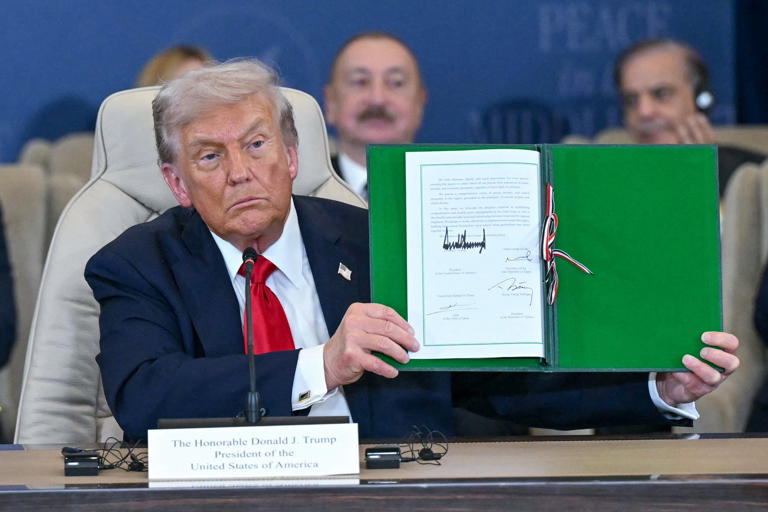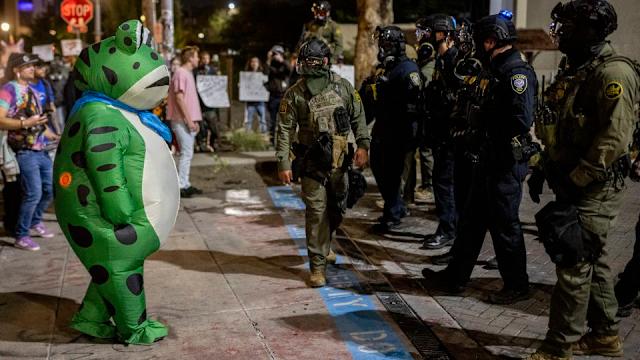Student government elections approach
President and chief-of-staff race is influential for student body
Student Government Association
Elections for next year’s Student Government Association president and chief-of-staff will be held on Feb. 22 and 23. This election will dictate many decisions that will be made that will impact the student body — in ways both seen and unseen
February 9, 2022
Elections for next year’s Student Government Association president and chief-of-staff will be held Feb. 22-23.
This election is important within the context of the entire campus culture and community, Jaime McCaslin, associate director of Leadership Development and Campus Engagement and SGA’s adviser, said.
“The Student Government Association is the voice for the student body on campus,” she said. “Their role is important to the campus community to be the connection between students and the university administration. Having an election to choose the student government leadership will set the stage for the organizations, priorities and projects for the next academic year or more.”
Dominique Booker, a senior accounting major and SGA’s vice president of finance, also said that the SGA elections are important for all students.
“SGA holds a lot of significance when it comes to decisions that are made for the student body,” Booker said. “When administration wants to know what the student body is thinking, they tend to go to SGA. If you want your voice to be accurately represented, voting is going to be important.”
Booker also said it is important that students vote in the elections for monetary reasons.
“SGA also charges a fee that all undergrad students pay for in their financial statement, so if you are wondering where your money is going to and how it is and will be used, this is also another reason to vote,” Booker said.
In order for students to run for SGA president or chief-of-staff, they must first attend an information session to learn about the positions and the responsibilities they entail. Students also learn about the elections process in these sessions. Information is also posted on the SGA Instagram account.
“The reason for this is to get those who are interested to realize what the different roles in SGA takes, for instance, the SGA President’s role is going to look completely different from a class representative,” Booker said.
After tickets have attended an information session, they must complete a petition and return it to the Leadership Development and Campus Engagement office.
“The purpose of the petition is to say, ‘this many people feel that I can run for the position,’” Booker said. “When individuals do this, it really shows the dedication.”
After petitions are completed, candidates can then begin the campaign period, and voting begins soon after.
“The process may seem extensive, but it is worth it,” Booker said. “You’ll gain a new experience that not only looks good on your resume but builds skills you didn’t think you needed.”
The elections for the president and chief-of-staff ticket are purposefully set for early in the spring semester, McCaslin said.
“Having it earlier in the semester allows for a strong transition between the outgoing members and the new incoming members,” McCaslin said.
Integrity is of utmost importance in SGA’s elections. The elections committee within SGA ensures that election rules and regulations are followed so that the election is equitable. This committee consists of current SGA members who are not running for a position in the current election.
“If a candidate violates an elections campaign policy, there is a procedure in place to investigate those allegations and provide fair and reasonable solutions,” McCaslin said.
The elections committee also monitors violations of election procedures.
“This process is meant to be fair and just to all people,” Booker said. “If there are any violations or you feel that one has made a violation and you are not sure, please use the form on EngageU that is on the SGA page. If you are running and you have an idea for your campaign, simply refer to those rules. This will be the best way to prevent any violations. If you are a friend of someone who is running, also be aware of the elections rules if you choose to support them.”
There will also be a debate on Feb. 17 between tickets running for president and chief-of-staff.
“A debate is an exciting part of the elections process as it allows each student a chance to meet the candidates and learn what their priorities are,” McCaslin said.
Debates are just one component of helping voters construct an informed opinion of who they are voting for.
“Like any election, you need to know why you are voting for someone,” Booker said. “These individuals speak on the behalf of you when it comes to university decisions and spend the money you pay a fee for. Educate yourself on why these candidates are running by asking questions, coming to debates and following their campaigns.”
ANNA MALESIEWSKI






